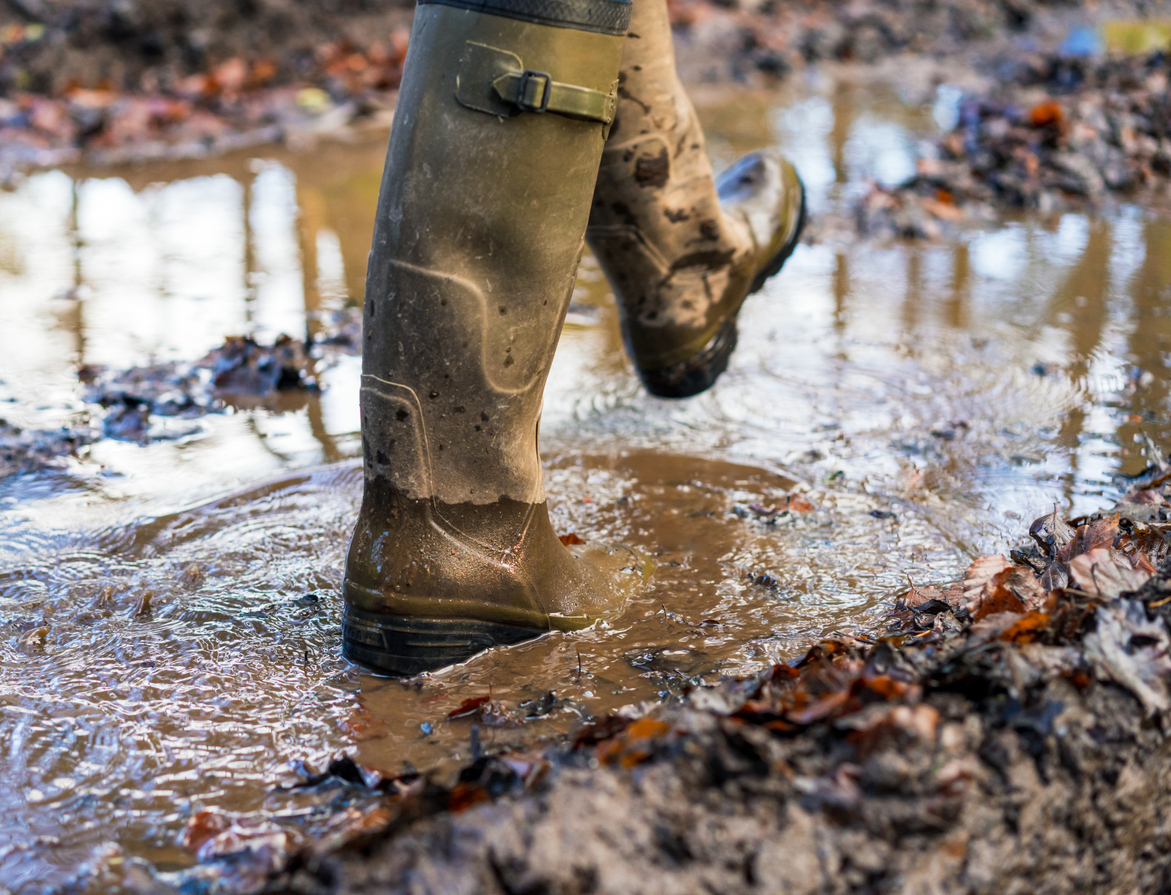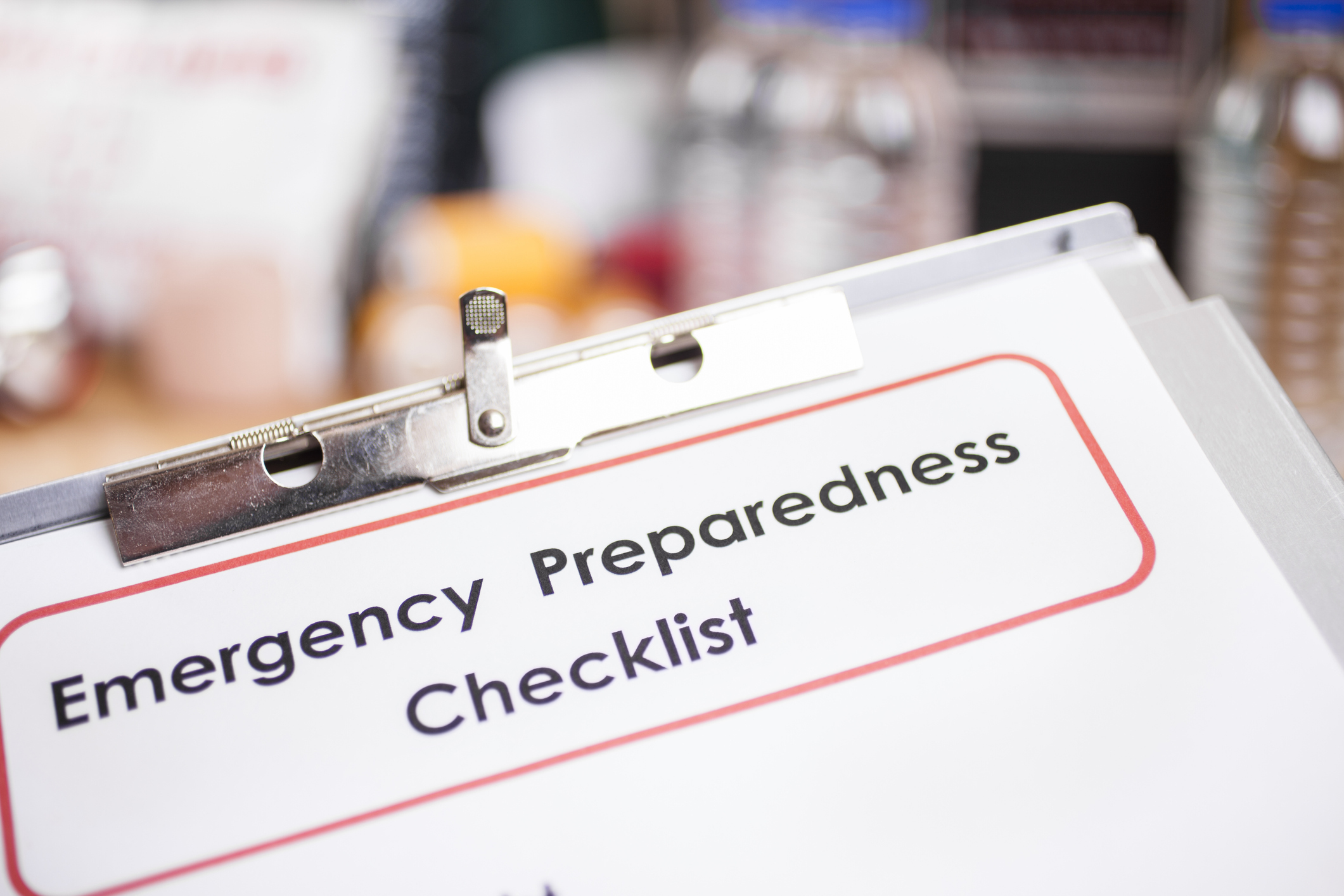
Recover
Health professionals play a critical role in supporting individuals and communities to recover after natural disasters and other emergencies.
Disaster assistance is available from the 27th of November for defined suburbs in the Moreton Bay region, visit the Queensland Government disaster support and recovery website for more information.
Community Recovery Hubs are a place at Beachmere, Bribie Island and Wamuran where residents who are experiencing hardship can apply for grants and obtain emotional and wellbeing support. Our Community Recovery workers will assist with grant applications and offer referrals to other community organisations and government agencies for further assistance.
For assistance, please call the Community Recovery Hotline on 1800 173 349.
You can access a range of recovery information and services including:
- financial support (e.g. personal hardship assistance, financial counselling)
- practical support services (e.g. access to advocacy, translation services)
- assistance with current applications including validating identification documents
- information and referral (e.g. welfare referrals, other local services)
- disaster-specific advice (e.g. safe clean up, managing health concerns, how to cope)
- emotional support (e.g. personal support, counselling and mental health services)
- resources to assist vulnerable individuals and groups (e.g. young children and adolescents, domestic and family violence).
Providing and accessing care and support
Patients in areas affected by natural disaster are now exempt from the existing relationship (12-month rule) requirement for telehealth. This means patients don’t need to have had a face-to-face consult with a GP in the last 12 months to access MBS subsidised telehealth services.
A person is exempt from the 12-month rule if, at the time of accessing a telehealth service, they are living in a local government area that is declared by a State or Territory Government to be a natural disaster area.
Distress, denial and disbelief are common reactions people may show for days and sometimes up to weeks after a disaster. In the initial hours and days, people may be stunned and dazed, particularly in response to a sudden and devastating disaster.
During the first consultation with an impacted patient, GPs are advised to:
- Listen, comfort and quietly accept information.
- Ensure survival, safety and security.
- Orient towards goals.
Doctors may be directly impacted by disasters and need to look after their own health and wellbeing. Doctors may also become overloaded by the traumatic experiences of others.
Early indicators that a doctor is affected by the traumatic experiences of their patients may include:
- heightened response to the patient.
- increased levels of arousal (sleep disturbance)
- avoidance (includes increased alcohol use).
To avoid being overwhelmed, doctors should consider:
- discussing distressing or difficult experiences with colleagues
- limiting their exposure to a tolerable level
- maintaining good general health with regular exercise, good nutrition and sleep habits
- seeking help if needed.
Community support services
Tips to support recovery
- Review and identify lessons.
- Communicate with patients about return to normal business hours and services.
- Connect with and refer to local social and community support agencies.
- Identify and reach out to patients with increased vulnerability factors.
- Identify community population health needs post disaster and develop campaigns to address emerging needs e.g. focus on mental health assessments.
-
Financial assistance
-
link
Queensland Government disaster support and recovery
-
link
Queensland Government natural disaster assistance for businesses
Support for practice staff and doctors
-
link
Getting help – DRS4DRS
-
link
GP Support Program – RACGP
-
link
Better Mental Health for Health Professionals
-
link
Information for GPs in disaster affected areas
Support for patients
-
link
My mental health website
-
link
How to deal with the stress of bushfires, floods, earthquakes and cyclones – ReachOut Australia
Downloads
-
pdf
RACGP mental health in emergencies factsheet
-
document
Critical incident reflection resource
Disaster and Pandemic Management


